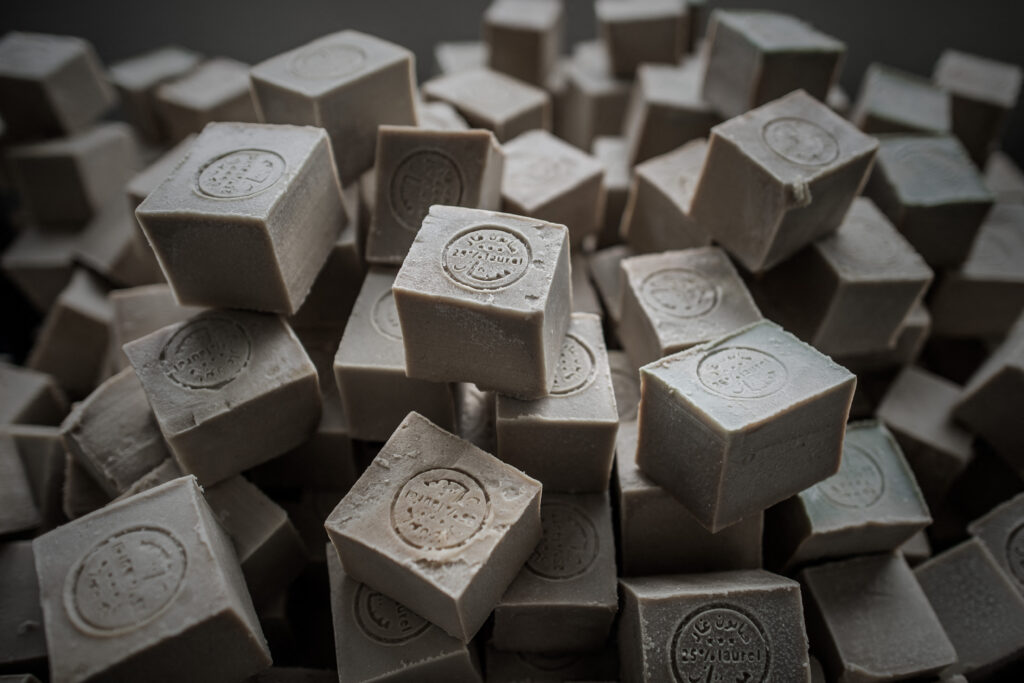
- ARAB NEWS
- 04 Jul 2025

TOKYO: Craftspeople in Aleppo, Syria’s second-largest city, renowned for their centuries-old tradition of making specialty soap, have found support from Japan.
Aleppo Soap Trading Co., an importer and seller based in Fussa, western Tokyo, has navigated multiple crises jeopardizing its business ties with Aleppo in northern Syria. These challenges included difficulties in money transfers, the destruction of a local factory due to Syria’s civil war since 2011 and a devastating earthquake last year.
The company continues its efforts to support Syrian artisans with whom it has built relationships of trust over the past 30 years.
Methods for making soap are documented on clay tablets from ancient Mesopotamia. It is said that nearby Aleppo has upheld the tradition of soap-making for approximately 1,000 years.
The traditional method of manufacturing Aleppo soap involves using olive and laurel oil, abundant in Mediterranean coastal areas, and adding alkali made from charcoaled powder of desert shrubs. Aleppo soap is prized for its skin-friendly properties, disinfectant capabilities and deodorizing effects.
In the ancient city of Aleppo, a UNESCO World Heritage site, markets were once lined with shops dedicated to selling the renowned soap, before the outbreak of the civil war.
Founded in 1994, Aleppo Soap Trading imports the time-honored soap from Aleppo.
According to Masaoki Ota, the 54-year-old president of the Japanese company, during the civil war a container loaded with soap cakes destined for export to Japan was looted by armed forces while en route to a port by land. With vessels no longer departing, sudden adjustments to shipment plans became necessary.
In addition, supplies of olive oil from the northwestern region, controlled by antigovernment forces, dwindled.
In 2016, bombing devastated a soap plant in Aleppo, prompting the production base to relocate temporarily to Latakia in northwestern Syria to avoid further war-related damage.
After remittance channels were cut off due to international sanctions against Syrian President Bashar al-Assad’s regime, the company explored various avenues before it secured compliant methods of money transfers.
Last year’s powerful earthquake, originating from neighboring Turkey, claimed about 6,000 lives in Syria, primarily in its northern region.
Employees and their family members at a partner factory of Aleppo Soap Trading were safe, despite damage such as collapsed houses. During this period, the Japanese company provided food and other assistance through the local chamber of commerce and industry.
The company continued to import Aleppo soap cakes, which are available to consumers at department stores and other retailers across Japan.
“I didn’t want to let what the local people have preserved stop with my generation,” said Ota, who holds great respect for Aleppo’s soap-making tradition.
“I thought that giving up my business because of the war would feel like losing the war,” he said. “I have continued (our dealings) at any cost.”
On the earthquake damage, Ota emphasized the importance of “overcoming it and moving forward to the future.”
JIJI Press